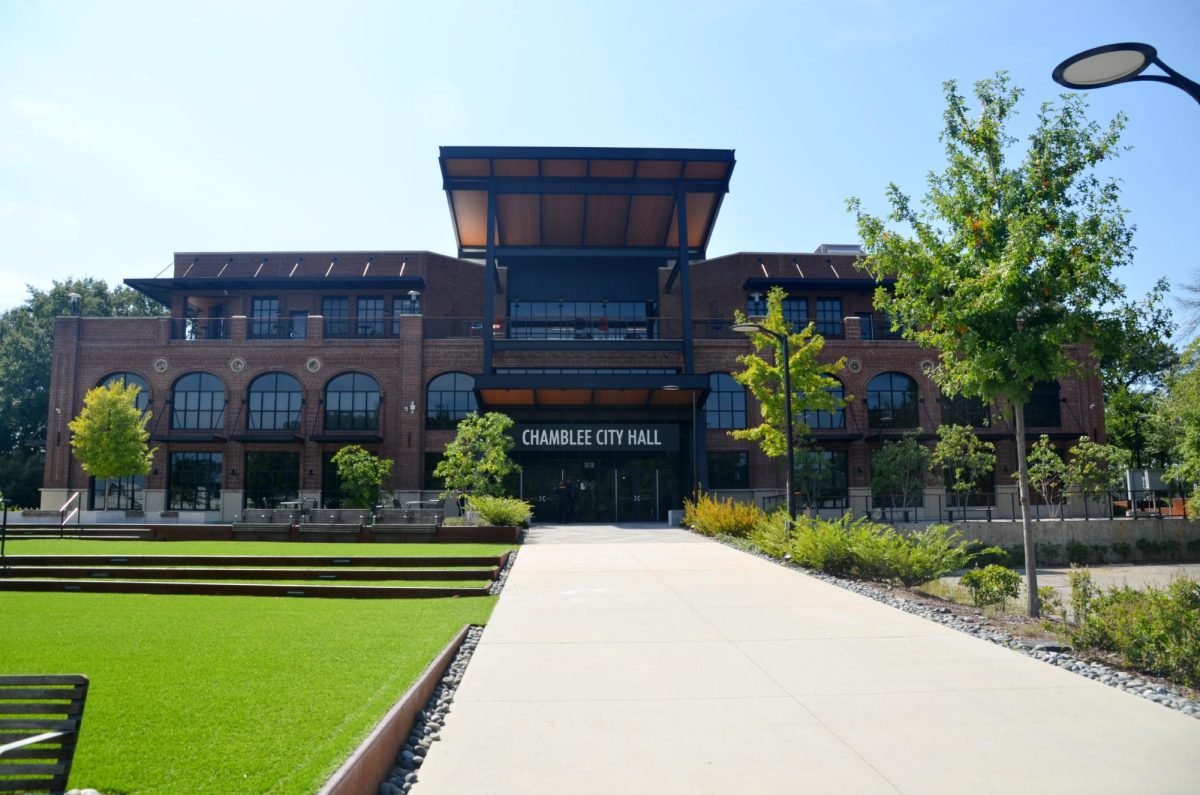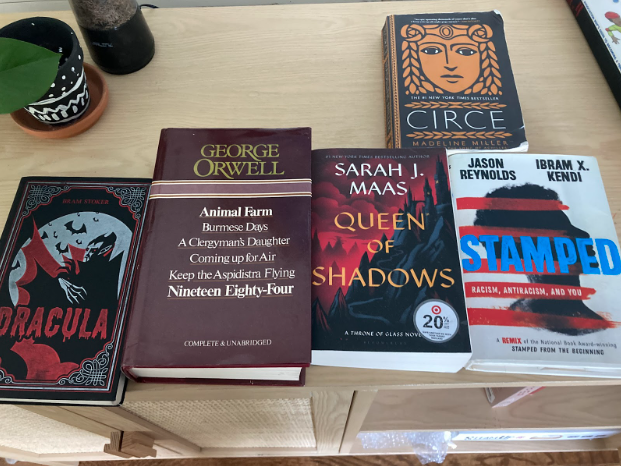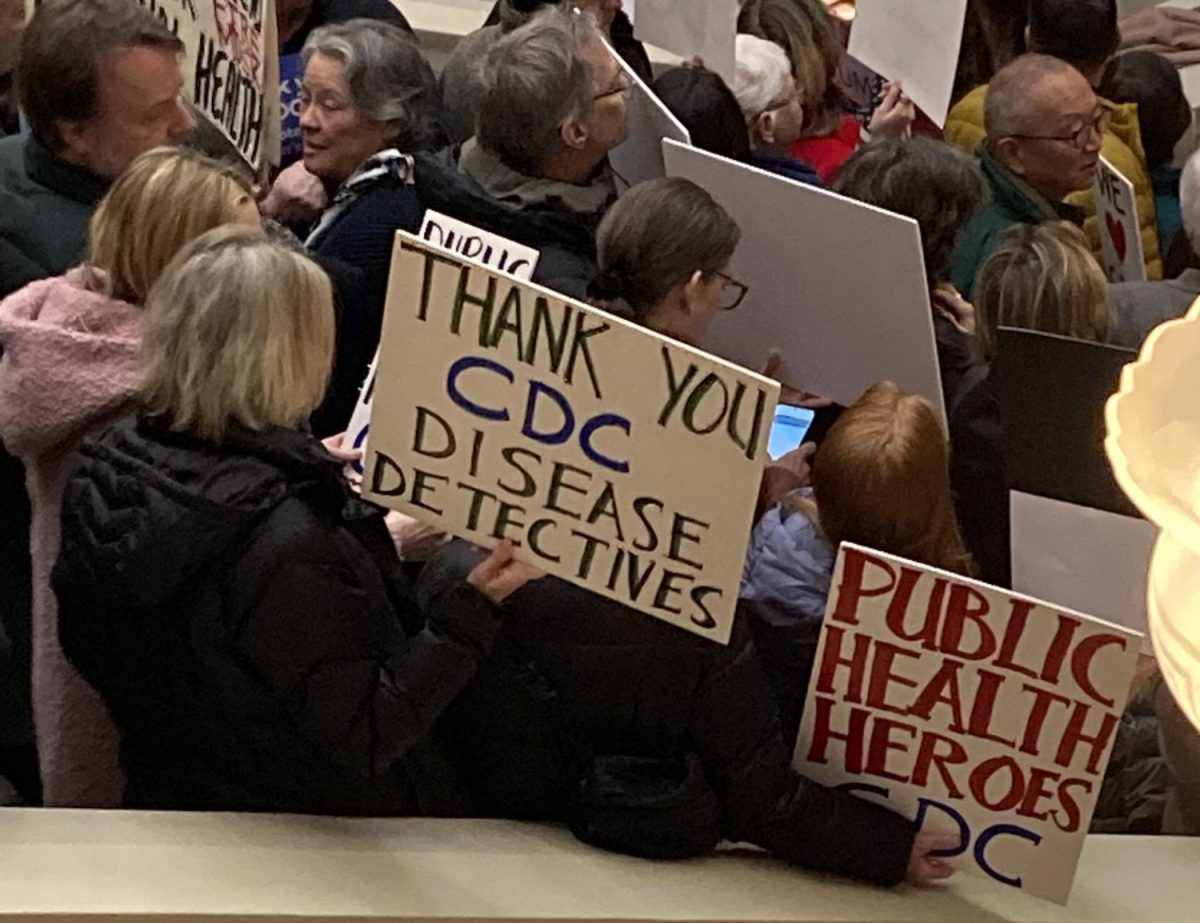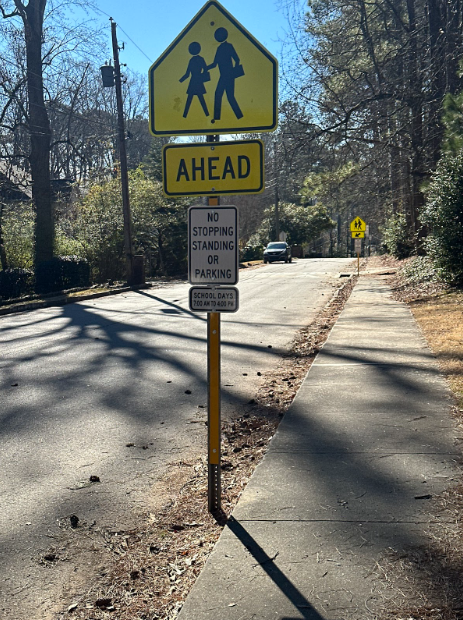Adolescents today have to answer some tough questions for themselves. Where do they fit in? What do they want to do with their lives? When are they too old to go trick-or-treating?
The fact that Halloween falls on Monday this year is perhaps a cosmic suggestion that it is time to let go of the childhood tradition.
“It’s a school night, so my parents probably aren’t going to let me do as much as last year,” said sophomore Giselle Washington.
The unfortunate timing is a prod towards what some feel like has been a long time coming.
“Trick-or-treating is more for the kids. It should be for kids, little kids, mostly,” said math teacher Irvin Wardlow. “Maybe through middle school, maybe even as a freshman or something in high school, but I know I gave it up around 14 or 15.”
German teacher Aukini Anderson voiced a similar opinion.
“After about 14, it just looks pathetic, like you’re just some almost grown-up begging for candy,” he said. “And then theoretically, six or eight years later, you’ve got your own kids and you’re going trick-or-treating again anyways. You need to take a break.”
Some students also agreed that trick-or-treating becomes much more of a social taboo as one gets older.
“If you’re above 20 but not a parent, then it gets weird,” said freshman Sebastian Swahn.
There is, of course, no hard and fast rule as to when one should give up trick-or-treating once and for all, and some students felt that it was thought, not age, that counted most.
“It really depends on the person,” said sophomore Erica Izaguirre. “I know some people that may be older, but they have a really young spirit and they’re really energetic. I think as long as someone’s enthusiastic for it and is willing to dress up and be really committed to it, that they’re not too old for it.”
Although there were many opinions about where to draw age limit for trick-or-treating, if at all, there was much more consensus about Halloween in general.
“You’re never too old for Halloween,” said Washington.
How students celebrate the holiday may be changing, but does not mean that they are planning to abandon Halloween altogether.
“There’s so many things you can do for Halloween besides just trick-or-treating,” said junior Bryce Messer. “I go volunteer at Zoo Atlanta for Boo at the Zoo.”
Freshman Meena Amiri also still plans to acknowledge the holiday.
“I definitely will be with a friend on Halloween,” she said. “We might just hand out candy or walk around.”
And yet, in spite of the shift away from candy and trick-or-treating as people age, Halloween remains a popular holiday for all ages. The appeal of the holiday to adults may lie in the allure of total disguise.
“I think Halloween, especially for adults, has the same function in our society that Carnival has for European societies,” said Anderson. “It’s a chance to be someone else, let loose, and not be responsible for what you did ‘cause you were wearing a costume. No one knows it was you.”
Wardlow offered a similar explanation for the purpose of the holiday.
“It’s one place where people can still hide behind a character and be something completely different and just get in touch with their id or their other side of them that they can never let out in everyday life,” he said.
Of course, others are not so sure of a deeper meaning behind Halloween.
“It’s a corporate scam to increase public sugar addiction,” said one sophomore.






